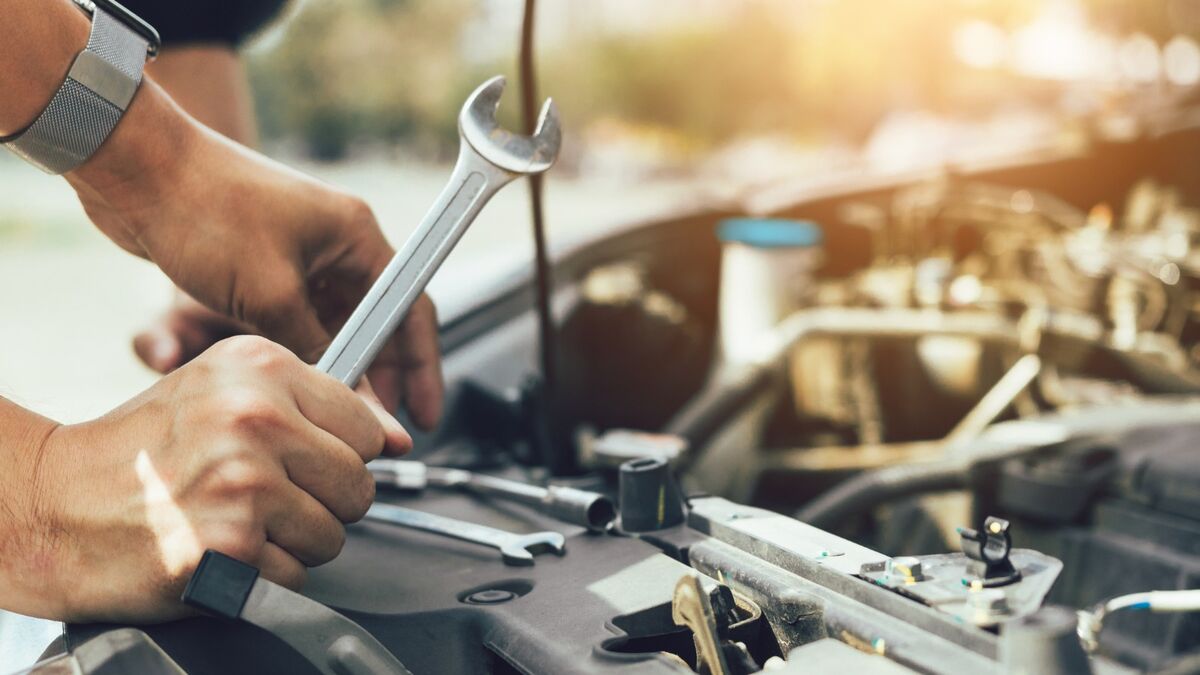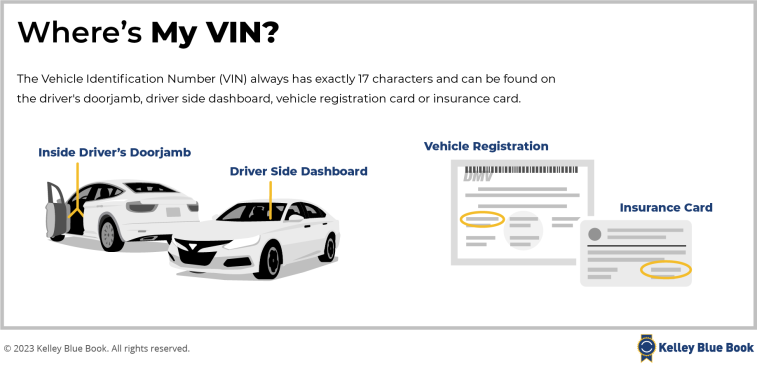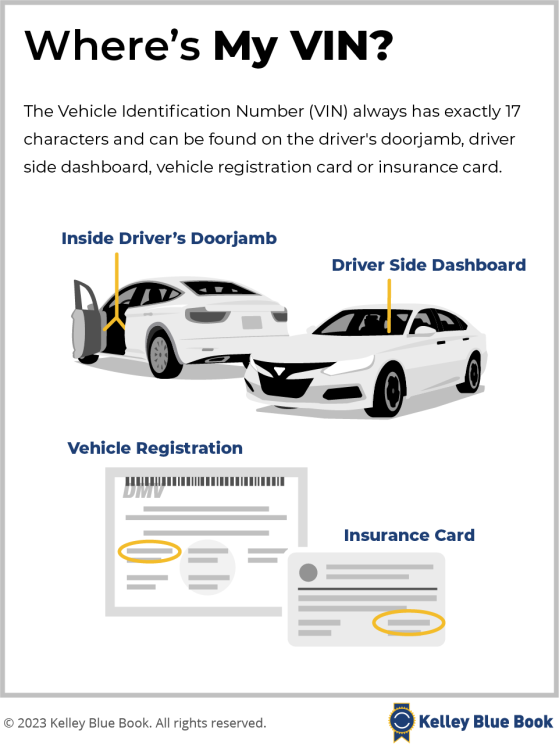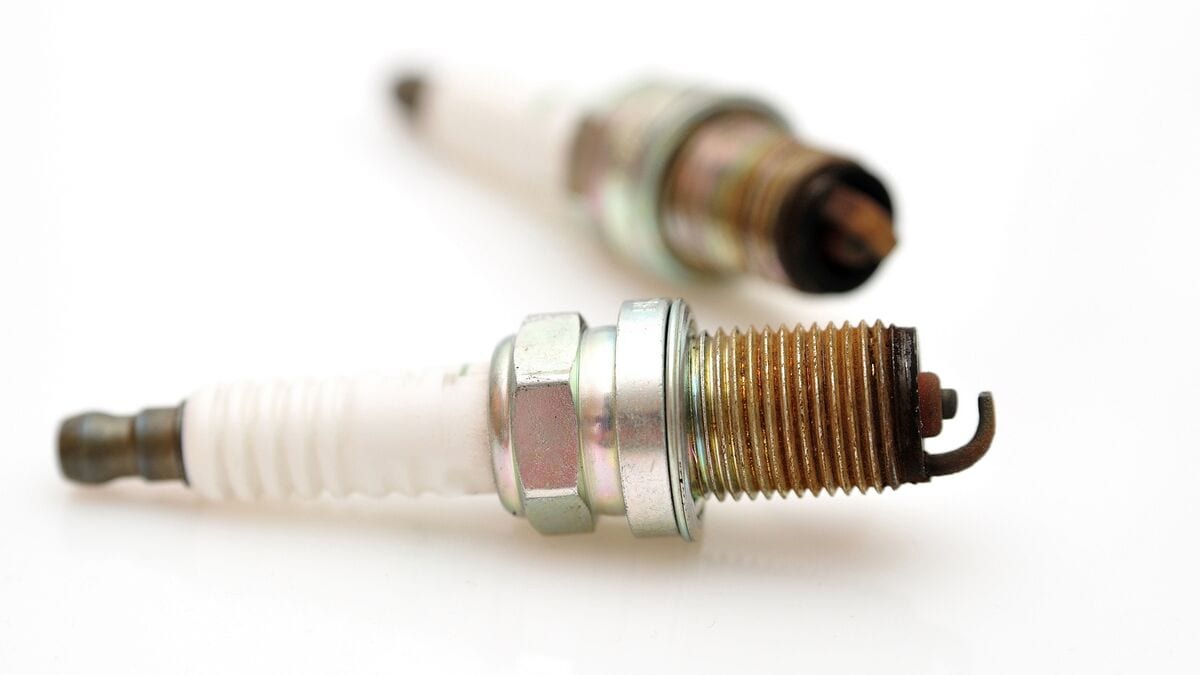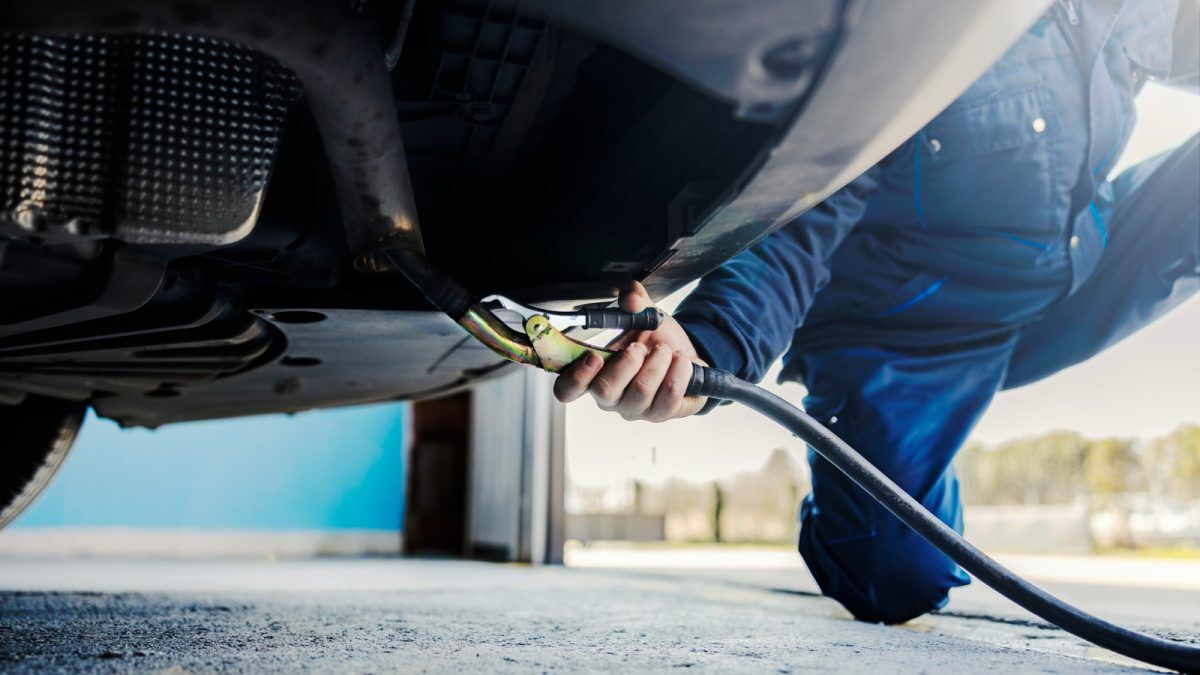Vehicle History Reports Explained
- A vehicle history report (VHR) helps you make informed decisions when shopping for used cars.
- Reports reveal crucial information concerning vehicle maintenance, accidents, mileage accuracy, title status, and more, but not wear and tear.
- History reports cost $25 to $40, and sellers sometimes provide them to prospective buyers.
- Reports do not substitute for a comprehensive pre-purchase inspection from a qualified mechanic.
What Is a Vehicle History Report?
A vehicle history report is a collection of records providing information about a used car that may affect your decision to buy or how much to pay. Records or events in the vehicle’s life get collected from thousands of sources. They may help you answer these crucial questions:
- Ownership: How many people owned this car?
- Accident(s): Was this car involved in a collision?
- Mileage: Does the odometer on this car show accurate mileage?
- Inspections: Has this car had up-to-date inspections?
- Lemon: Is this car branded a lemon?
While the exterior and interior condition hints at how much care the previous owner provided, looking at visible areas of a vehicle won’t tell you about repairs and routine maintenance or whether it was in a crash. Shoppers should review a history report to discover any hidden issues with the vehicle to reduce stress and anxiety from the car-buying experience. Continue reading to learn what information is in a vehicle history report and how it can help you make an informed decision about buying a used automobile.
- When Do You Need a Vehicle History Report?
- How Do You Get a Vehicle History Report?
- Steps After Viewing Vehicle History Report
- Bottom Line on Vehicle History Reports
What Is on a Vehicle History Report?
The information on a vehicle history report will help you better understand the used car you’re interested in buying. It will give details on significant events that potential owners should consider, such as:
- Major Accident
- Mileage Rollback
- Vehicle Service History
- Multiple Owners
- Structural Damage
- Hail Damage
- Lease, Personal, Taxi, or Police Use
- Total Loss
- Salvaged
- Rebuilt
- Junked
- Flood Damage
- Branded a Lemon
- Last Reported Mileage
- Not Actual Mileage
- Airbag Deployment
- State-Owned
- Length of Ownership
- Estimated Miles Driven Per Year
- Recall Information
- Warranty Information
What’s Not on a Vehicle History Report?
Companies that provide vehicle history reports make efforts to keep their information current. However, data gaps and delays exist. A VHR is a snapshot in time, and that time might be from a month ago. A vehicle’s “clean” report might not include damage that happened last week.
- Reports only show the latest event submitted to the reporting companies. A vehicle could be wrecked, repaired, and possibly sold before a record of the incident shows up in the databases companies use to compile information.
- Reports only include reported damage. Minor fender benders might not reach the threshold for accident reporting. Even when damage shows on the report, the information from a police report, insurance claim, or repair shop data can be vague and might not describe the full extent of the damage. It doesn’t note the quality of the repairs, either.
- Reports don’t tell you the automobile’s overall condition or wear-and-tear level. For example, the history outline doesn’t indicate that a car’s tires have worn tread or that the brake rotors need replacing.
- Reports might indicate ownership history, but don’t name the individual. The information will not provide any insight into the driving habits of previous owners.
MORE: Is Now the Time to Buy, Sell, or Trade in a Car?
When Do You Need a Vehicle History Report?
It pays to be prepared when you’re buying a used vehicle and also when selling one. A vehicle history report can help both used car buyers and sellers.
- When buying a used car, the information in a report can help you identify any hidden issues with the vehicle, such as previous flooding or other salvage labels.
- When selling a used car, showing a vehicle history report to potential buyers can help ease concerns about the car’s history and, therefore, make it easier to sell the vehicle.
How Accurate Are Vehicle History Reports?
An accurate vehicle history report relies on accuracy in the databases collecting the info. Errors can happen. As mentioned above, delays in providing information can cause an incomplete report. Gaps or omissions in a car’s service history may exist because the auto shop didn’t report the repair. Handy owners might regularly perform oil changes and other maintenance in their driveway, but those events won’t be on that vehicle’s report. Vehicle history reports provide a snapshot of a car’s life and service history. They do not necessarily provide the entire story.
RELATED: Car Maintenance Guide: Everything You Need to Know
How Do You Get a Vehicle History Report?
Vehicle history reports detail a car’s ownership, title status, accident history, and more. To get a report on a car you want to buy, you’ll typically need to have its 17-digit vehicle identification number (VIN). Locate the VIN on the driver’s side dashboard near the windshield. Alternatively, you may be able to use the vehicle’s license plate number.
With that VIN, you can obtain a comprehensive vehicle history report. Running two reports from the leaders in the vehicle history reporting industry can help ensure you cover the bases when shopping for your car.
- Experian’s AutoCheck reports include data from auto auctions, which are useful for tracking cars bought and sold by dealers, as well as service, maintenance, and accident information. The reports also give a proprietary AutoCheck Score to provide a snapshot of the vehicle’s predicted reliability.
- Carfax reports also have extensive service and maintenance records and detailed accident information when available. If the reports fail to include a DMV-issued branded title (such as salvage or flood damage), you may qualify for the company’s buyback guarantee.
How Much Is a Vehicle History Report?
Vehicle history report costs vary depending on the service you use. A single AutoCheck VHR costs $30, and a single report from Carfax is $45. Providers offer discounted packages for reports on multiple automobiles while you’re car shopping. You can get five AutoCheck reports over 21 days for $60. Carfax pricing is $60 for two reports or $110 for four reports.
Many dealerships include reports in their listings on online auto marketplaces (like Kelley Blue Book and our sister site Autotrader), and some private sellers provide history reports at no cost on used vehicles for sale.
Free Vehicle History Reports
Be aware of the difference between a free vehicle history report and getting a vehicle history report for free. Unless it’s part of a promotion, running a complete vehicle history report costs money. Services typically let you search a VIN for free and will tell you if records are available for that vehicle. Still, you’ll need to pay to obtain the report that summarizes essential information about accidents, service records, and more.
On the other hand, sellers often provide free access to a vehicle history report to show potential buyers that they’re being open about the vehicle’s condition.
MORE: Buying Used vs. Certified Pre-Owned Vehicles
Free Vehicle Information
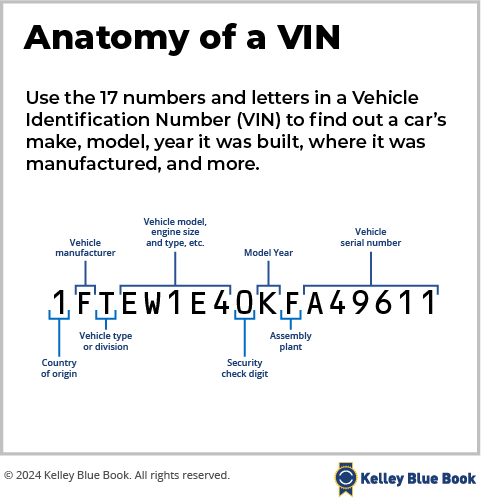
While a complete history report requires a fee, some tools with useful information are available for free.
- A car’s unique VIN is a string of 17 characters that encodes specific details about the vehicle. The National Highway Traffic Safety Administration offers a free VIN Decoder to identify fundamental model information, assembly plant location, safety systems, and other features equipped on the automobile.
- Use the National Insurance Crime Bureau’s free VINCheck database to see if a car has been reported stolen or if it’s a salvage vehicle. Most consumers should avoid purchasing an automobile that has ever been stolen or has a salvage record. You’ll want to steer clear of any vehicles with a flood history.
Steps After Viewing Vehicle History Report
Take another test drive to get a feel for things. For example, you might detect an issue only when driving the car on the highway. Also, remember to listen to your gut. If something doesn’t seem right, step away from the deal.
Use information from the history report as leverage when you patiently negotiate a fair price.
Experian’s AutoCheck, offered by Kelley Blue Book, and Carfax reports have good information to help you during your car-buying process. If the vehicle history report shows no glaring red flags, you’ll need an independent mechanic to perform a pre-purchase inspection.
MORE: Test Driving a Car: A Checklist of What To Look For
Do You Still Need an Inspection?
A vehicle history report does not substitute for a mechanic’s inspection. We believe it’s best practice to obtain a thorough examination from an independent mechanic before you buy a vehicle. A professional can review the automobile to help ensure it does not exhibit hidden damage.
Find a certified mechanic and give the person a copy of the vehicle’s history report. Qualified technicians will be familiar with the systems that have a tendency for problems. An experienced mechanic’s assessment might cost a hundred dollars or more. The fee will be worth it because their evaluation might discover mechanical issues that keep you from purchasing a car that would cost you much more down the road.
Services such as Alliance Inspection Management’s AiM Certify, owned by Kelley Blue Book parent Cox Automotive, will come to your location and inspect a vehicle. Depending on your chosen service inspection, costs range from $149 to $399.
Bottom Line on Vehicle History Reports
A vehicle history report details a used car’s ownership, accidents, title status, and mileage, to help buyers spot red flags like salvage or flood history. While these reports reveal much, they may miss unreported repairs and don’t reflect the car’s current condition, so a professional inspection is still necessary. Reviewing a report helps buyers make informed decisions and negotiate confidently, offering peace of mind in the used car market.
Editor’s Note: This article has been updated since its initial publication.
